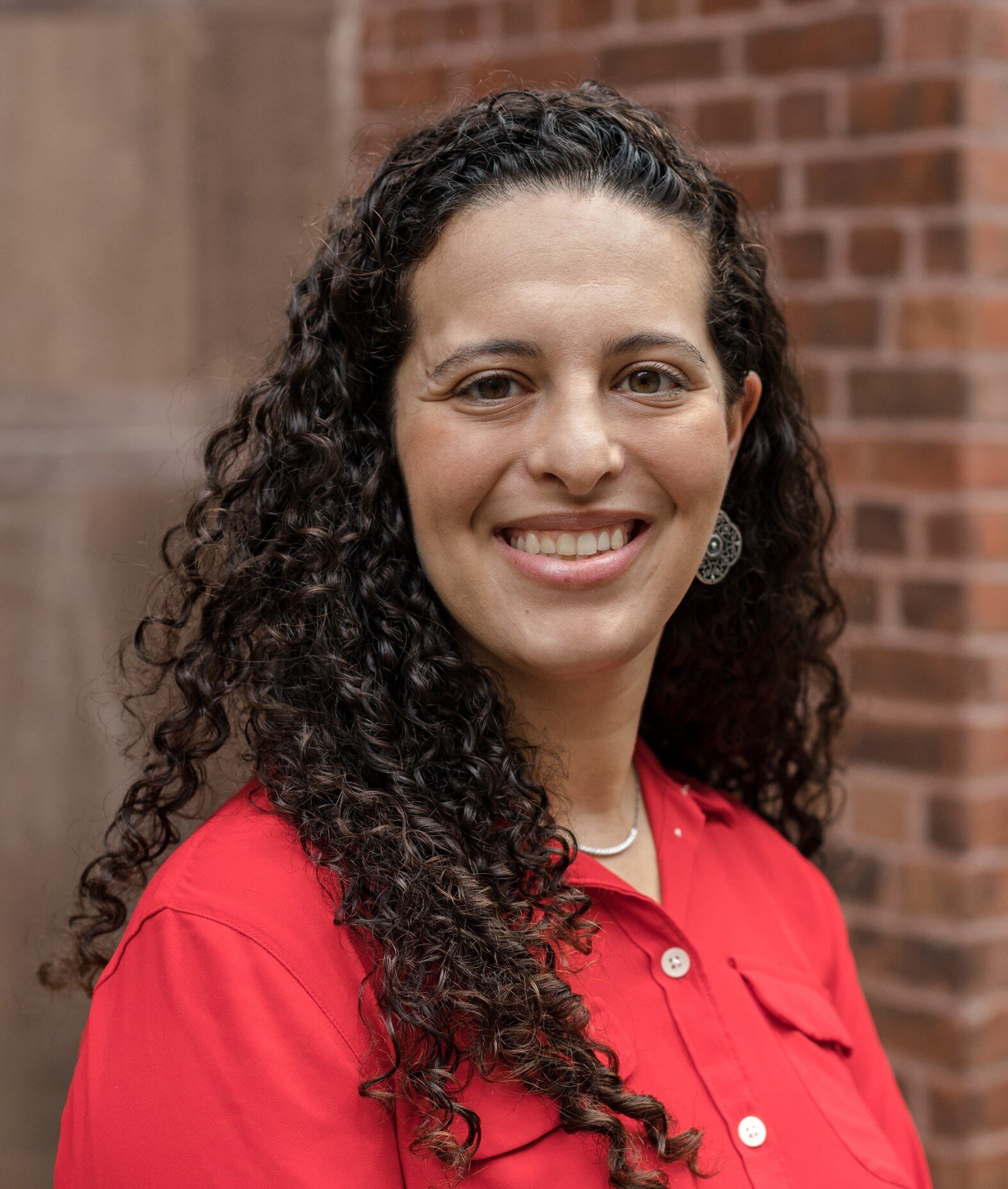Support Page Content
ERI Scholar of the Month
DR. HANADI SHATARA
Dr. Hanadi Shatara is an Assistant Professor at California State University, Sacramento. She received her doctorate in Social Studies Education at Teachers College, Columbia University. Her research focuses on critical global education, teacher positionalities, Palestinian and Arab American teachers, the teaching of Palestine and Arab American studies, and teacher education. Her work is published in Educational Studies (forthcoming), Equity & Excellence in Education, The Critical Social Educator, Social Studies Research and Practice, and Curriculum Inquiry. Dr. Shatara was a middle school social studies teacher in Philadelphia, PA, where she became a National Board Certified Teacher.
WHAT'S THE TOPIC OF YOUR PRESENTATION?
My presentation will discuss a case study of a Palestinian American social studies teacher in a predominantly affluent public school in New York City, utilizing the Chicana/Latina feminist theoretical concept of nepantla. I address how her critical political consciousness, identities, and experiences as a Palestinian and teacher of Color influenced how she navigated and challenged the Orientalist and Eurocentric social studies curriculum, centering critical perspectives in world history.
WHY IS THIS TOPIC IMPORTANT?
This study is important in furthering the research on how teachers with politicized identities resist systems of oppression within curriculum and schooling.
HOW DOES THIS WORK FIT WITHIN YOUR BROADER RESEARCH PROGRAM AND/OR WORK AS FACULTY MEMBER?
This work fits into my broader research program by including and amplifying the voices of Palestinian American (as well as Arab American) teachers within the teachers of Color literature and uncovering ways of decolonizing social studies education. While this is a case study, I am continuing the research to learn more about Palestinian American teachers' positionalities and how that influences their teaching.
WHAT DO YOU HOPE THE AUDIENCE WILL TAKE AWAY FROM YOUR PRESENTATION?
I hope the audience will learn more about nepantla as a lens of seeing the world and an understanding of how teachers with marginalized identities can effectively navigate and challenge Eurocentric curricula through criticality.
LINK TO A RECENT ARTICLE, PROJECT, OR OTHER SCHOLARLY-RELATED WORK:
https://www.tandfonline.com/doi/abs/10.1080/03626784.2022.2123214
